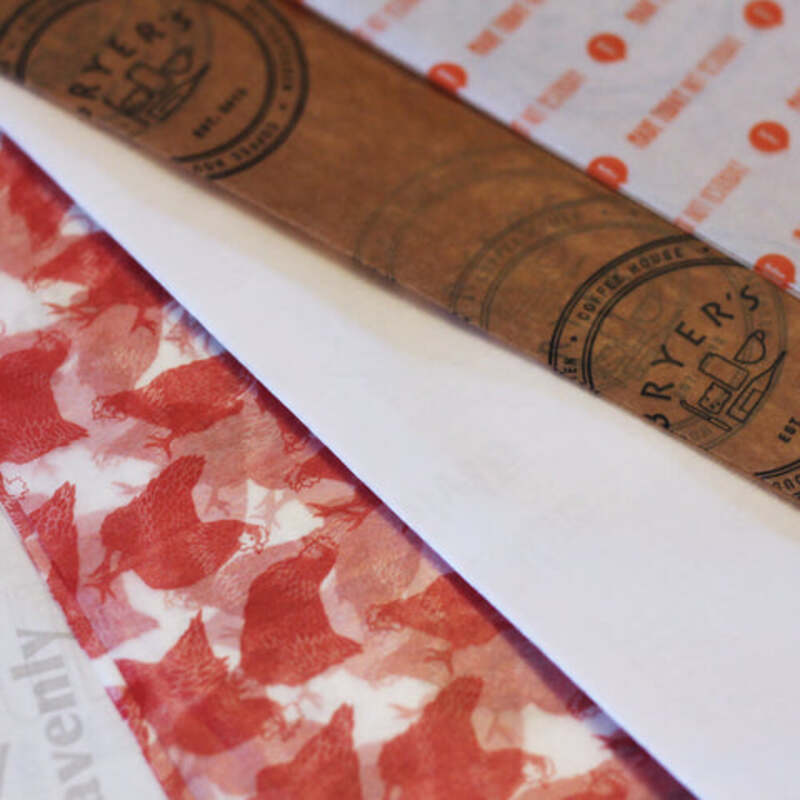The Future of Burger Packaging A Sustainable Approach
In recent years, the fast-food industry has undergone significant transformations, particularly with respect to packaging. As consumers become more environmentally conscious, the demand for sustainable burger packaging is on the rise. This paradigm shift not only reflects changing consumer preferences but also highlights the responsibility of businesses to mitigate their environmental impact.
The Importance of Sustainable Packaging
Packaging plays a crucial role in the food industry, especially for widely consumed items like burgers. Traditional packaging materials, such as styrofoam and single-use plastics, contribute to pollution and waste in landfills and oceans. These materials take hundreds of years to decompose, posing a threat to wildlife and ecosystems. As public awareness of environmental issues has grown, there’s been a compelling need for an overhaul of packaging practices within the fast-food sector.
Sustainable packaging provides numerous benefits. For one, it reduces the carbon footprint associated with food production and distribution. Moreover, eco-friendly packaging solutions can enhance a brand’s image, attracting environmentally conscious consumers. Companies that adopt sustainable practices not only contribute to preserving the planet but also tap into a burgeoning market of eco-aware customers.
Innovations in Burger Packaging
Today, numerous innovative materials and designs are emerging in the realm of burger packaging. One popular trend is the use of biodegradable materials. These materials are designed to break down naturally, reducing landfill waste. For instance, packaging made from cornstarch, mushrooms, or seaweed has gained popularity due to its eco-friendly properties.
Another exciting development is the use of compostable packaging. These products are made from organic materials that can decompose in a composting environment, returning nutrients to the soil. Incorporating compostable wrappers and boxes not only curtails waste but offers consumers a guilt-free dining experience.
Furthermore, companies are exploring the potential of reusable packaging systems. For instance, deposit-return schemes enable customers to return their packaging for a refund, encouraging them to think twice before discarding it. This model not only promotes sustainability but also fosters a sense of community and responsibility among consumers.
burger packaging

Real-World Examples
Several leading fast-food chains are already embracing sustainable packaging initiatives. For instance, Burger King has made significant strides in reducing its environmental impact by switching to paper straws and packaging made from recycled materials. McDonald's has committed to sourcing all of its packaging from renewable or recycled sources by 2025, making a concerted effort to reduce waste.
These strategies not only help in building a sustainable brand image but also resonate with consumers, especially the younger generations who prioritize environmental responsibility. Studies have shown that customers are willing to pay a premium for products with sustainable packaging, indicating that eco-conscious practices can potentially enhance profitability.
Challenges Ahead
Despite the positive momentum towards sustainable packaging, challenges remain. Transitioning to eco-friendly materials can sometimes incur higher costs, which may deter some businesses, particularly small independent establishments. Additionally, the functionality of sustainable options must be carefully considered to ensure they adequately protect food quality and safety.
Nevertheless, as technology advances and the demand for sustainable practices continues to rise, the fast-food industry is likely to witness a more extensive integration of eco-friendly packaging solutions.
Conclusion
The future of burger packaging is undeniably leaning towards sustainability. As more companies adopt environmentally friendly materials and practices, not only will they help reduce the detrimental effects of waste on our planet, but they will also benefit from an increasingly conscious consumer base. Embracing innovative packaging methods is not just a trend; it’s a necessary step towards a sustainable future in the fast-food industry. With collaboration among businesses, consumers, and policymakers, we can pave the way for a greener, cleaner world—one burger at a time.



